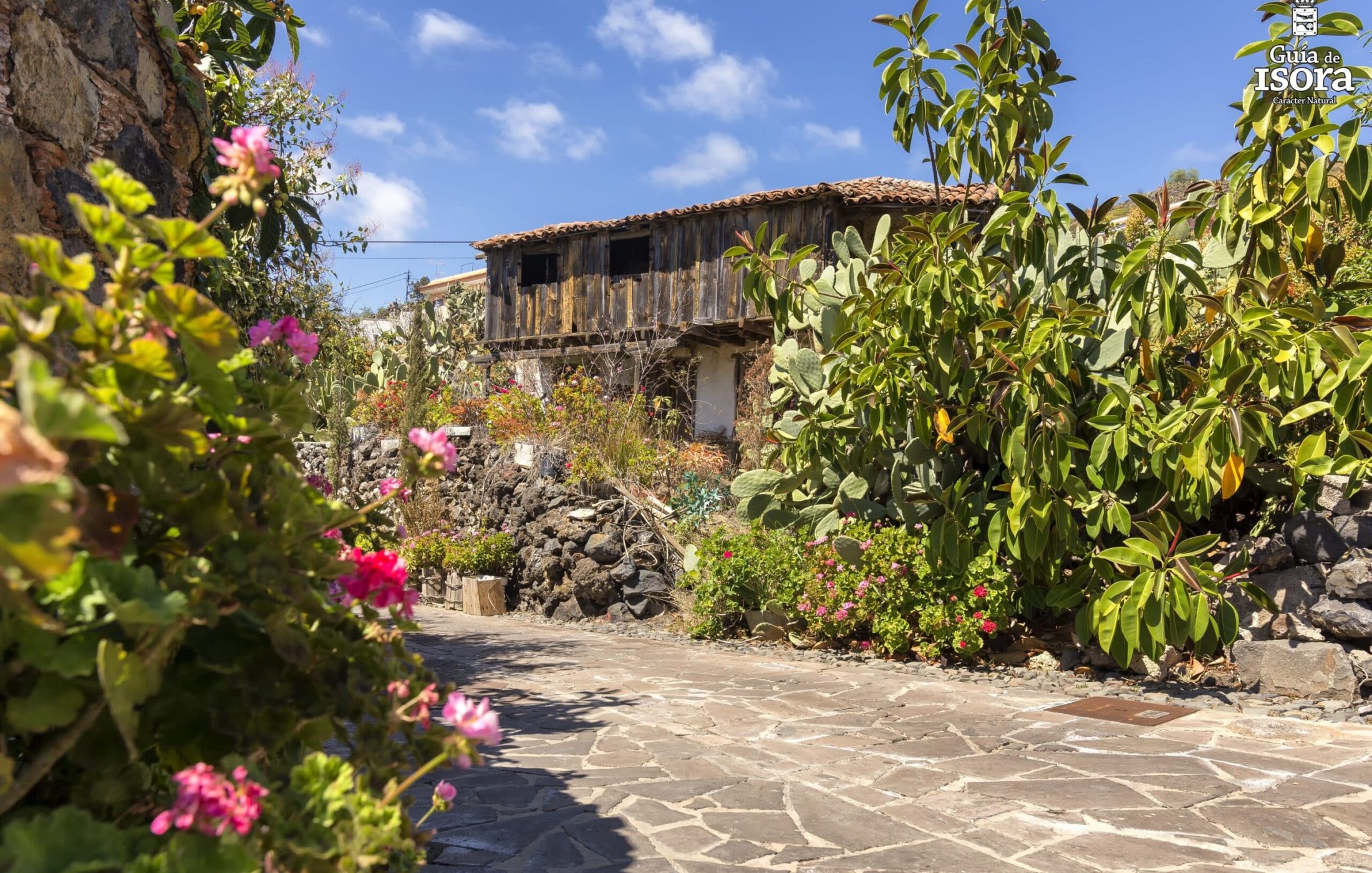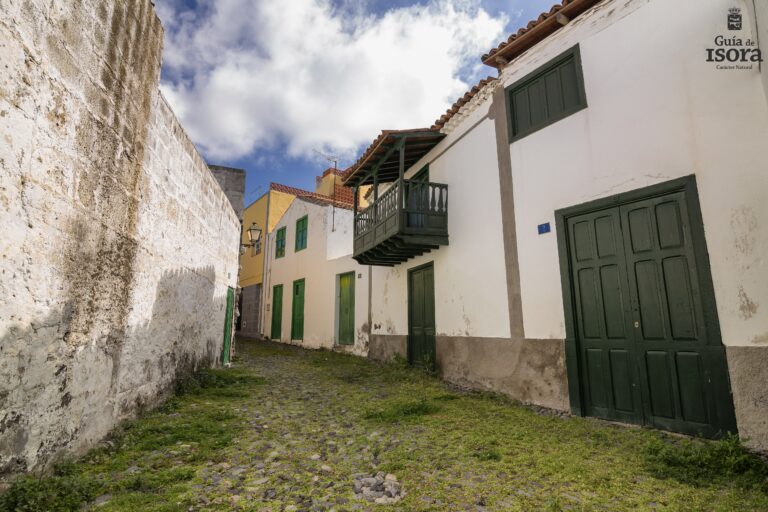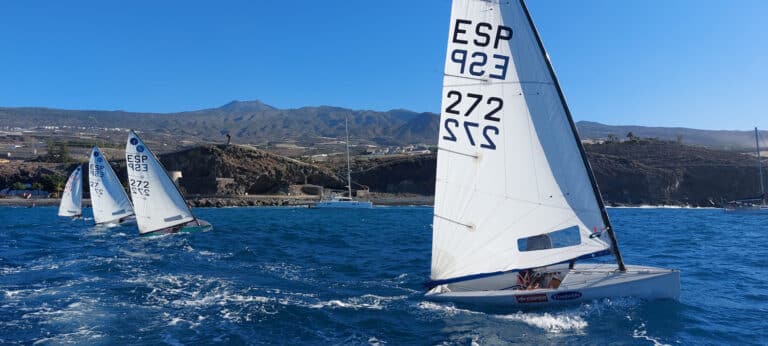Later, in the 16th century, it is said that the settlers witnessed an image that for them was the Virgen de la Luz or Guía, and from that moment onwards the name Guía was adopted. Some also maintain that the name refers to the “high point” that serves as a guide within the steep terrain.
A place of refuge
Due to the inhospitable conditions it was not considered a suitable place to establish a settlement. However, that very particularity gives it a quality of refuge during the colonial period: its dense pine forests, steep terrain and deep ravines allowed the aborigines to hide during the colonisation process.
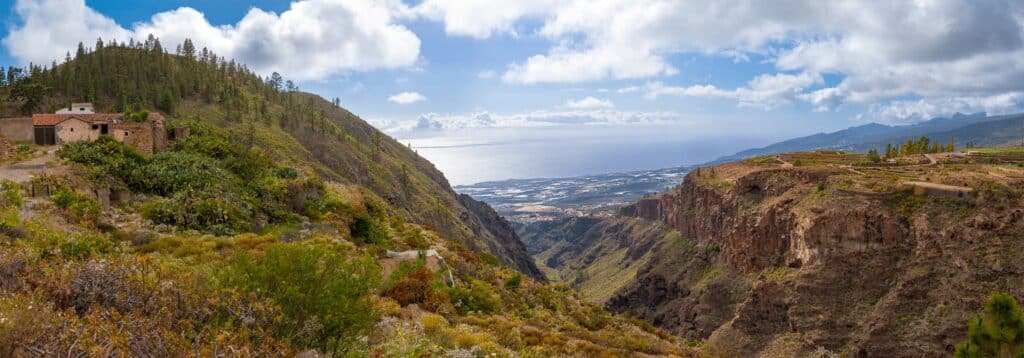
Rich archaeological heritage
Precisely because Guía de Isora was originally a refuge for the Guanches fleeing from other parts of the island already populated by settlers, it has an abundant archaeological heritage.
It is worth noting that Guía de Isora is the municipality in Tenerife where the first station of these engravings is located, specifically in the vicinity of the village of Aripe.
The municipality experienced the last eruption of El Teide
On 18 November 1909, the Chinyero volcano erupted, and although it was located further north on the island, the ash, the materials spewed out and the lava (which extended for 4 kilometres) affected agriculture not only in the northern part of the island but also in Guía de Isora.
Smart methods for collecting and transporting water
Due to the scarcity of this precious liquid, so important for daily life as well as for agriculture, the settlers developed various methods of collecting water and transporting it. One of the most commonly used methods was to transport water from springs on the summit through badger canals to the villages.
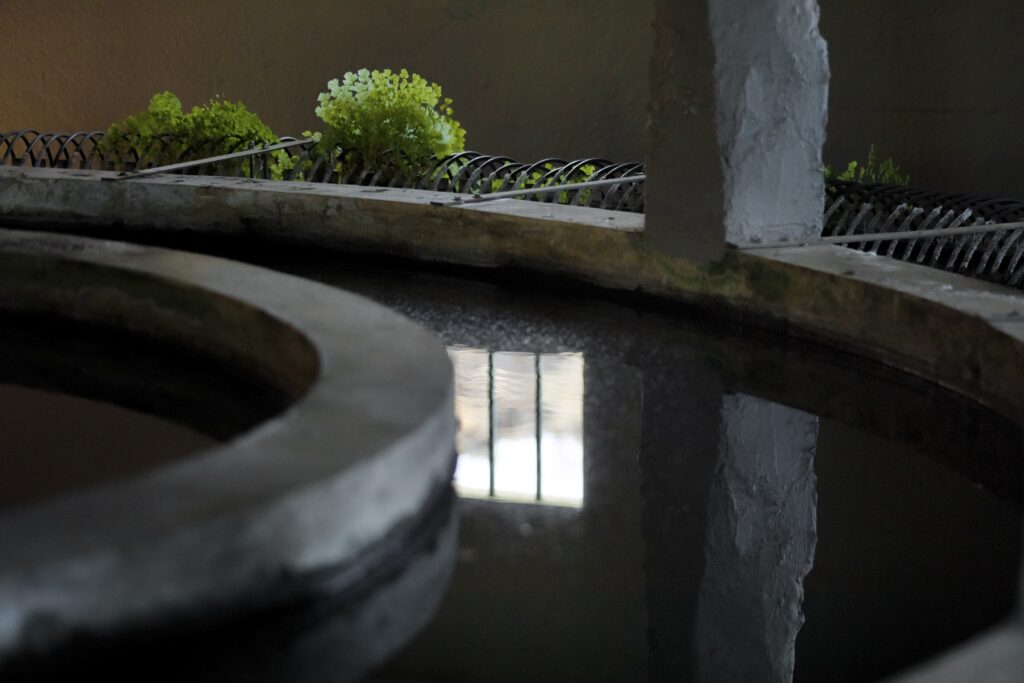
One of the most important Canarian landscape painters
The Isorran painter Manuel Martín González is known as one of the most important Canarian landscape painters. His oil paintings show us the landscapes of the island, in them we can witness a wide range of tones of each colour to give realism and texture to the landscape.
As you can see, there are a lot of surprising historical facts about Guía de Isora. Don’t miss this incredible municipality with so much to discover.
¿Te ha parecido útil este contenido?
¡Haz clic en una estrella para puntuarlo!
Promedio de puntuación 5 / 5. Recuento de votos: 1
Hasta ahora, ¡no hay votos!. Sé el primero en puntuar este contenido.

